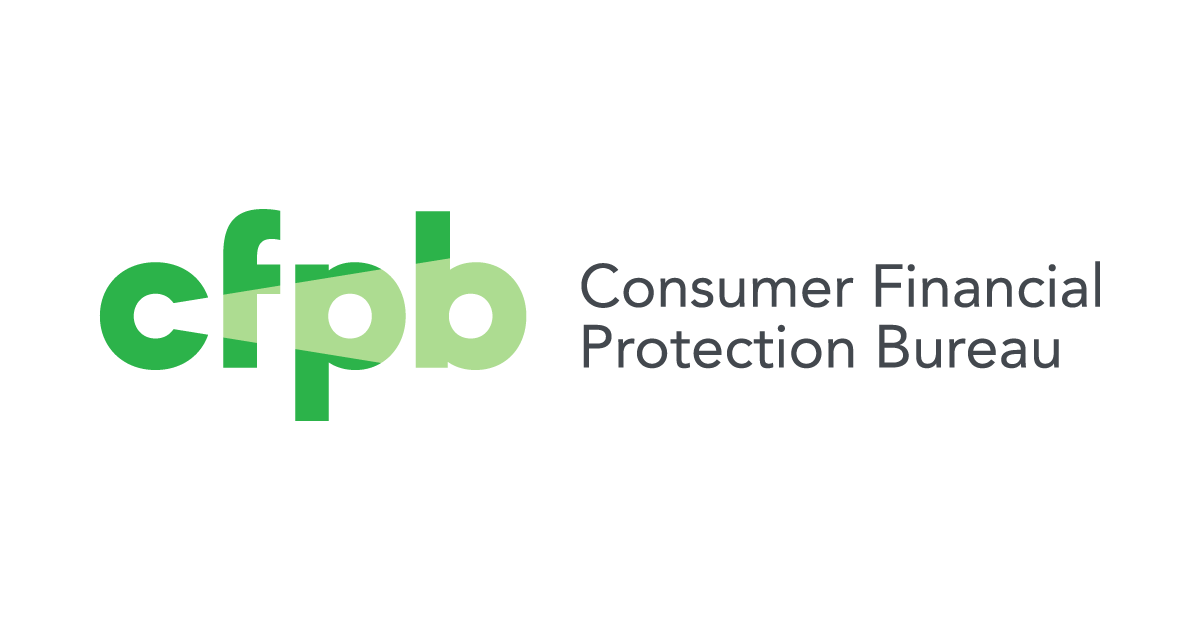As a board certified real estate lawyer in Florida, I frequently deal with estoppel certificates, including reviewing them and ordering them from associations and their management companies. If you are unfamiliar with what an estoppel certificate is, here is a previous blog post that provides some general information.
But, briefly, estoppel certificates are official statements from a homeowners’ association (HOA) or condominium association that provide information about a unit’s account status, including any outstanding dues, fees, or assessments, and will commonly disclose other valuable information that buyers and sellers of real estate would want to know. These certificates are required in most real estate transactions in Florida, and the HOA or condominium association is, understandably, allowed to charge a fee for preparing and delivering them.
The current maximum estoppel certificate fee that may be charged in Florida is $299 for non-delinquent accounts, and up to an additional $179 for delinquent accounts. There is also an additional fee of $119 for expedited requests. These fees are set by Florida Statutes and the Florida Department of Business and Professional Regulation (DBPR). It is important to note that these are intended to be maximum fees, and HOAs and condominium associations are not required to charge the maximum estoppel certificate fee.
One person’s junk…
Some people argue that estoppel certificate fees are a form of “junk fees” that are unnecessary and burdensome to homeowners. They argue that the information provided in the certificate is already available to the buyer in the HOA’s or condominium association’s governing documents, and that the fee is simply a way for HOAs and condominium associations to make extra money.
…is another person’s treasure.
Others argue that estoppel certificate fees are justified because they provide a valuable service to buyers and sellers. They argue that the certificate provides a clear and concise summary of the unit’s account status, which can help to avoid surprises at closing. Additionally, they argue that the fee is relatively small, especially in light of the cost of a typical real estate transaction. Finally, the HOAs will tell you that the estoppel fee keeps the amount of regular association assessments in check.
But here’s the rub.
Whether or not the charges for the issuance of the estoppel certificate, itself, are justified, the reality is that, over the years, a number of fees aside from the estoppel fee, have been added on, with new ones frequently popping up. Specifically, aside from the estoppel fee charge (of usually $299), associations and the management companies they hire to do work for them will charge a myriad of other fees during the purchase/sale closing process.
These “additional” fees include:
- transfer fees
- capital contributions
- application fees
- update fees (even though the statute typically prohibits these in a number of situations)
- convenience fees
- “third-party service” fees
- “processing charge”
To add insult to injury, the last two are added when the HOA has hired its own management company to issue the estoppel certificates for the association, the cost of which has now been shifted to the homeowners.
But think about that for a moment… if the maximum fee that an association can charge for the estoppel is $299, it should be required that the association pay its management company these fees, rather than passing them on as additional charges. The current process of an association charging you for their management company’s fee would be no different than if Publix charged you for the truck delivery fee for the deli meat inside of your Publix Sub (#PubSub).
Knowing is Half the Battle
Now, that you know, if you are concerned about the cost of an estoppel certificate or any other charges that may be included on your estoppel certifcate, please know that the office conducting your real estate closing is not responsible for these. For instance, when Battaglia Law, PLLC is serving as the closing agent of a transaction, we must follow what appears on the estoppel certificate. If you have specific questions about the fees, they should be directed to your HOA or condominium association to inquire about their fee policy.
Take Action Today
But don’t fret! There is light at the end of the tunnel. There is currently pending legislation in Florida to reign in a number of these charges to hopefully eliminate a number of these junk fees. The pending legislation is Florida House Bill 979 (HB 979 / 2024). If you feel strongly about this issue, you can tell your representative that you support the bill and would like it to become law.
Additional Information & Resources


